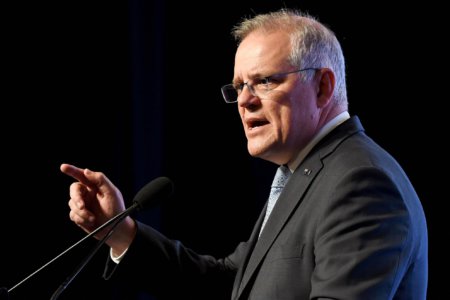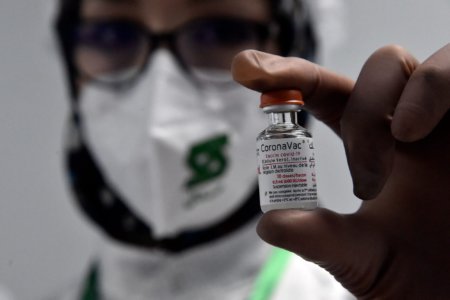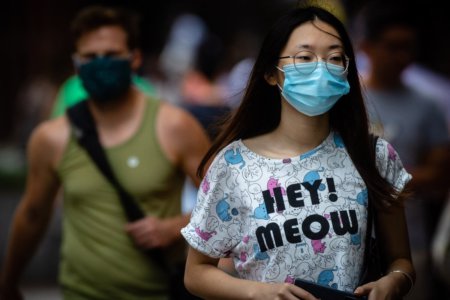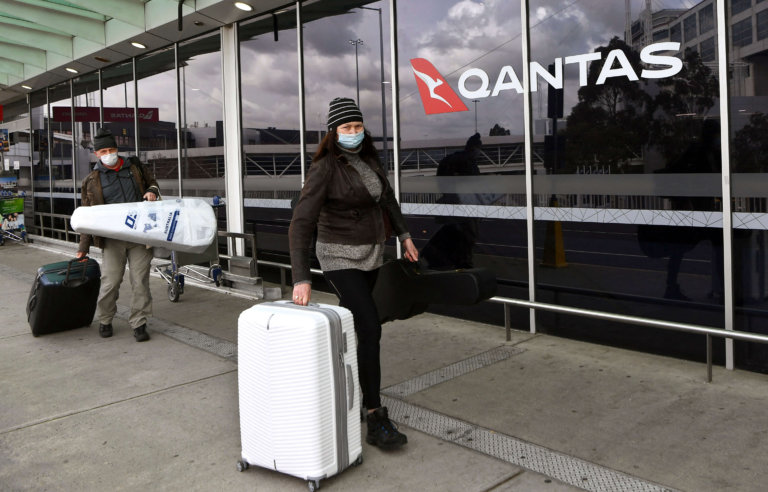
Indian students can return to Australia soon via a “pathway” in time for 2022’s semester one, according to the Australian Minister for Trade, Tourism and Investment Dan Tehan.
The comment follows the recognition of China’s Sinovac and Covidshield Astra Zeneca produced by the Serum Institute of India vaccines by Australia’s drug regulator the Therapeutic Goods Administration.
Australian Prime Minister Scott Morrison said the decision by the TGA was a “major milestone” that would allow authorities to determine international travellers as being appropriately vaccinated, reported The Sydney Morning Herald.
The development means after over a year of being shut out, Indian students can return to Australia to resume their programmes. Tehan called this wonderful news during a media conference in India last week, reported NDTV.
“It means that the pathway for our Indian international students to return to Australia is there again and with semester one starting in February, March next year, those international students will be able to start returning towards the end of this year and the beginning of next year,” he said.
Other vaccines approved by TGA include AstraZeneca, Pfizer, Moderna and Johnson & Johnson. The TGA has yet to recommend approving China’s other major vaccine, Sinopharm.
Tehan is in India for talks that hope to reach a long-pending landmark trade deal by the end of 2022, according to a joint statement released on Friday announcing the formal relaunch of stalled negotiations.
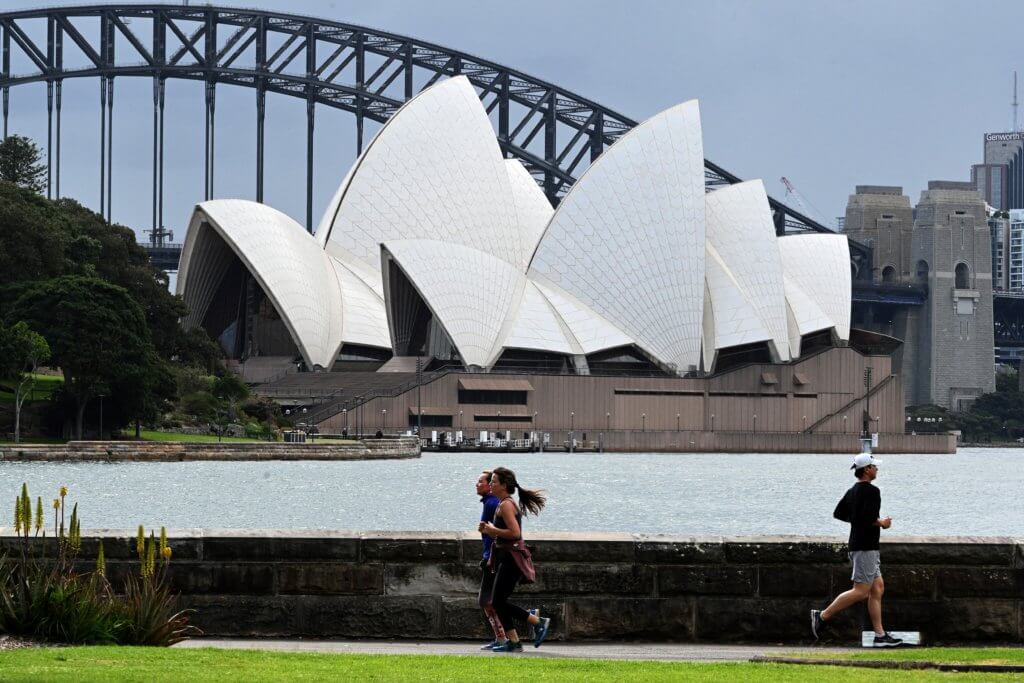
Indian students can return to Australia as early as the end of 2021 following the opening of borders and TGA’s recognition of Sinovac and Covishield vaccines. Source: Saeed Khan/AFP
Open borders, resumed flights: Indian students can return to Australia
Australia will begin to reopen its borders next month, the country’s prime minister said Friday, 18 months after citizens were banned from travelling overseas without permission.
Scott Morrison said vaccinated Australians would be able to return home and travel overseas “within weeks” as 80% vaccination targets are met.
On March 20 last year Australia introduced some of the world’s toughest border restrictions in response to the coronavirus pandemic.
For the last 560 days, countless international flights have been grounded, and overseas travel has slowed to a trickle.
Families have been split across continents, an estimated 30,000 nationals were stranded overseas and foreign residents were stuck in the country unable to see friends or relatives.
More than 100,000 requests to enter or leave the country were denied in the first five months of this year alone, according to Department of Home Affairs data.
“The time has come to give Australians their life back. We’re getting ready for that, and will be ready for takeoff, very soon,” Morrison said.
He also announced that vaccinated residents would be able to home quarantine for seven days on their return, dodging the current mandatory and costly 14-day hotel quarantine.
The exact timing of the border reopenings will depend on when Australian states reach their 80% vaccination targets, and crucially on local political approval.
The most populous state of New South Wales currently has 64% of those aged over 16 fully vaccinated and has indicated it will hit 70 and 80% targets this month.
But most Australian states — notably West Australia and Queensland — still have no widespread community transmission, are pursuing a strategy of “Covid-zero,” and remain shut to other parts of the country.
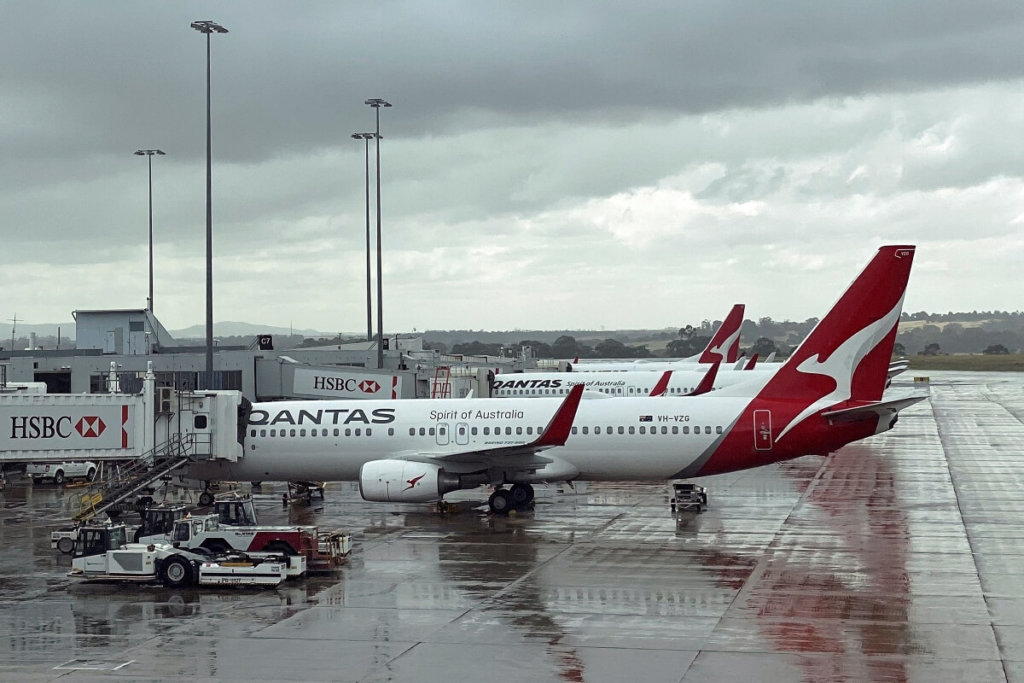
After over a year of being shut out, Indian students can return to Australia to resume their programmes by the end of this year. Flights are set to resume around the same time. Source: Saeed Khan/AFP
Responding to the announcement WA Premier Mark McGowan said he didn’t expect international travel to return to his state until 2022, and wouldn’t set a date for relaxing even domestic borders.
Describing life in Melbourne under the current lockdown as a “bleak, dim, hard, dark place” compared to a “pre-Covid” lifestyle in his state — he shrugged off concerns that it could mean Sydneysiders would more easily travel to Paris than Perth.
“If that means in the interim, we don’t have mass deaths. We don’t have huge dislocation in our economy,” he said.
“Well then, I think the choice is clear; we wait till it’s safe.”
Australian flag carrier Qantas welcomed the decision, announcing it would restart flights to London and Los Angeles on November 14.
‘Fortress Oz’
Expats and foreign residents gave the news a cautious welcome on social media forums. But experts say many Australians will remain cautious about booking travel for fear of snap lockdowns or other disruptions.
And the impact of the unprecedented period in the country’s history could be felt for years to come.
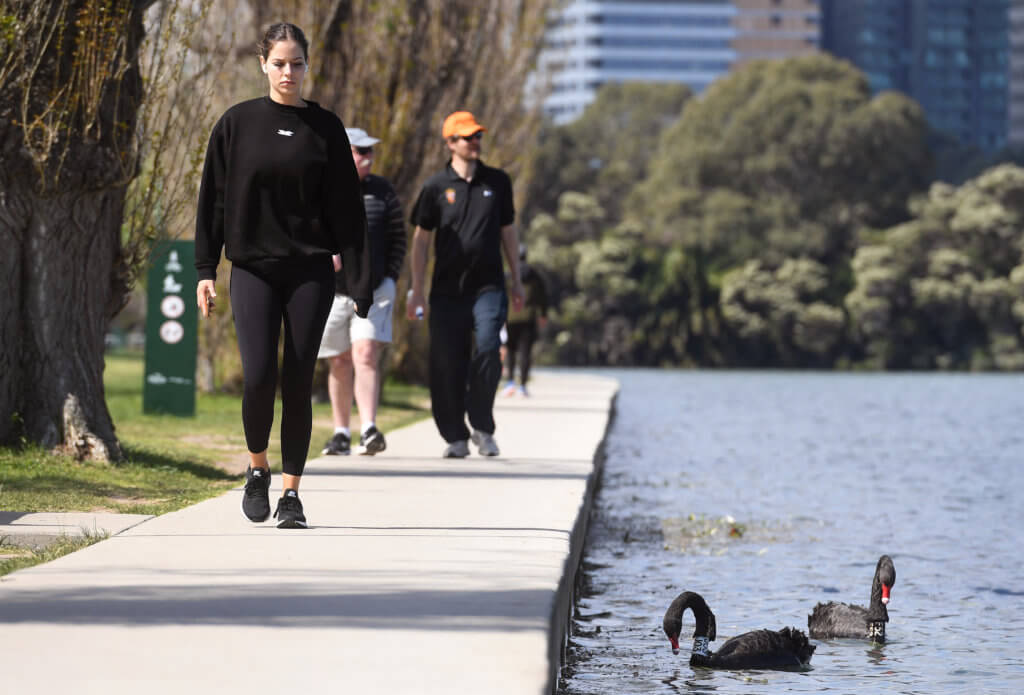
As Australia reopens, Indian students can return to Australia finally after being shut out for over 18 months. Source: William West/AFP
“Australia has been a fortress nation with the drawbridge pulled up to the rest of the world,” Tim Soutphommasane, an academic and former Australian race discrimination commissioner told AFP.
“What we’re seeing now with this announcement of borders being reopened is akin to Australia re-entering the world, and it’s long overdue,” he said.
A Lowy Institute poll in May showed that a plurality of Australians backed the tough border measures, with 41% of those in support.
Only 18% said fellow nationals should be free to leave.
“Australia in recent decades has been an emphatically open and multicultural and cosmopolitan country.
“It has been a trading nation. But covid has seen the nation turn the clock back,” said Soutphommasane.
He added: “There has been a sense of parochialism and insularity that has shaped the nation’s response to Covid-19. The rest of the world may well be looking at this thinking that Australia has changed fundamentally as a country.”
Additional reporting by AFP








